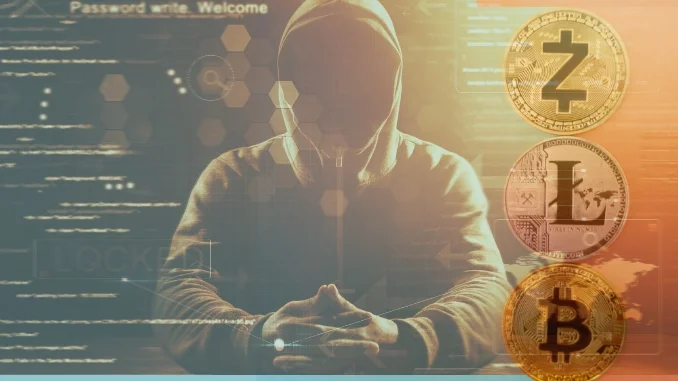Crypto & Forex Ponzi Scheme on the rise amid COVID-19

In conversation with Digpu, Adv P M Mishra talks about various scams that have hit the market since the past few years. He sheds light on how these scammers work and why an investment should be based on critical research.
Internet usage has seen a surge in Covid19 era, and few scammers would love to take advantage of this situation. Thousands of Forex trading related Ponzi schemes, Cryptocurrency related Ponzi schemes have already been unveiled globally, more specifically in India.
As Indian investors are habituated to forget things quickly, same old scammers are in line to loot common Indians in the name of Forex traders, Crude oil company investment plan, ROI based MLM scheme & more importantly Cryptocurrency, Bitcoin-related fraud.
Without the mandatory Cryptocurrency regulation as such genuine Crypto exchanges are in an uncomfortable situation but these scammers keep on looting Investors by promising huge return.
Social Media Deception And Fancy Jargons
Some scammers go for straight-up deception. The founders of scam cryptocurrency One Coin defrauded investors of $3.8 billion by convincing people their non-existent cryptocurrency was real, as per an article on Business Standard.
Other scams are based on impressing potential victims with jargon or claims of specialized knowledge. The Global Trading scammers claimed they took advantage of price differences on various cryptocurrency exchanges to profit from what is called arbitrage – simply buying cheaply and selling at higher prices. Really, they just took investors’ money.

Global Trading used a bot on Telegram, too. The investors could send a balance inquiry message and get a response with false information about how much was in their account, sometimes even seeing balances climb by 1% in an hour. With returns looking like that, who could blame people for sharing the scheme with their friends and family on social media?
Some fraudsters are also convincing people to share their services friends and family. You may find 5 to 10 apps online in India asking for investing in their investment schemes online via Facebook in the name of Forex.
Fraudulent initial coin offerings
Another popular scam technique is called an ‘initial coin offering’. A potentially legitimate investment opportunity, an initial coin offering essentially is a way for a startup cryptocurrency company to raise money from its future users. In exchange for sending active cryptocurrencies like bitcoin and Ethereum, customers are promised a discount on the new crypto coins.
Many initial coin offerings have turned out to be scams, with organizers engaging in cunning plots, even renting fake offices and creating fancy-looking marketing materials. As per the article by the Business Standard, in 2017, a lot of hype and media coverage about cryptocurrency fed a huge wave of initial coin offering fraud. In 2018, about 1,000 initial coin offering efforts collapsed, costing backers at least $100 million. Many of these projects had no original ideas – more than 15% of them had copied ideas from other cryptocurrency efforts, or even plagiarized supporting documentation.
Investors looking for returns in a new technology sector are still interested in blockchains and cryptocurrency, but they should be aware that they are complex systems that are new even to those who are selling them. Newcomers and relative experts alike have fallen prey to scams.
In an environment like the current cryptocurrency market, potential investors should be incredibly careful to research what they’re putting their money into. An investor should find out who is involved as well as what the actual plan is for making real money, without defrauding others. Never forget the scams from Speak Asia, MMM, Onecoin, Bitconnect, Gain bitcoin & all other forex scams.
Adv P M Mishra fromFinlaw Consultancyconcludes by saying, “Through this conversation, I aim like to save millions from those scammers & save a new technical innovation, which might face undue regulatory death in India. Everyone must research before investing otherwise there are bigger prices to pay.”








